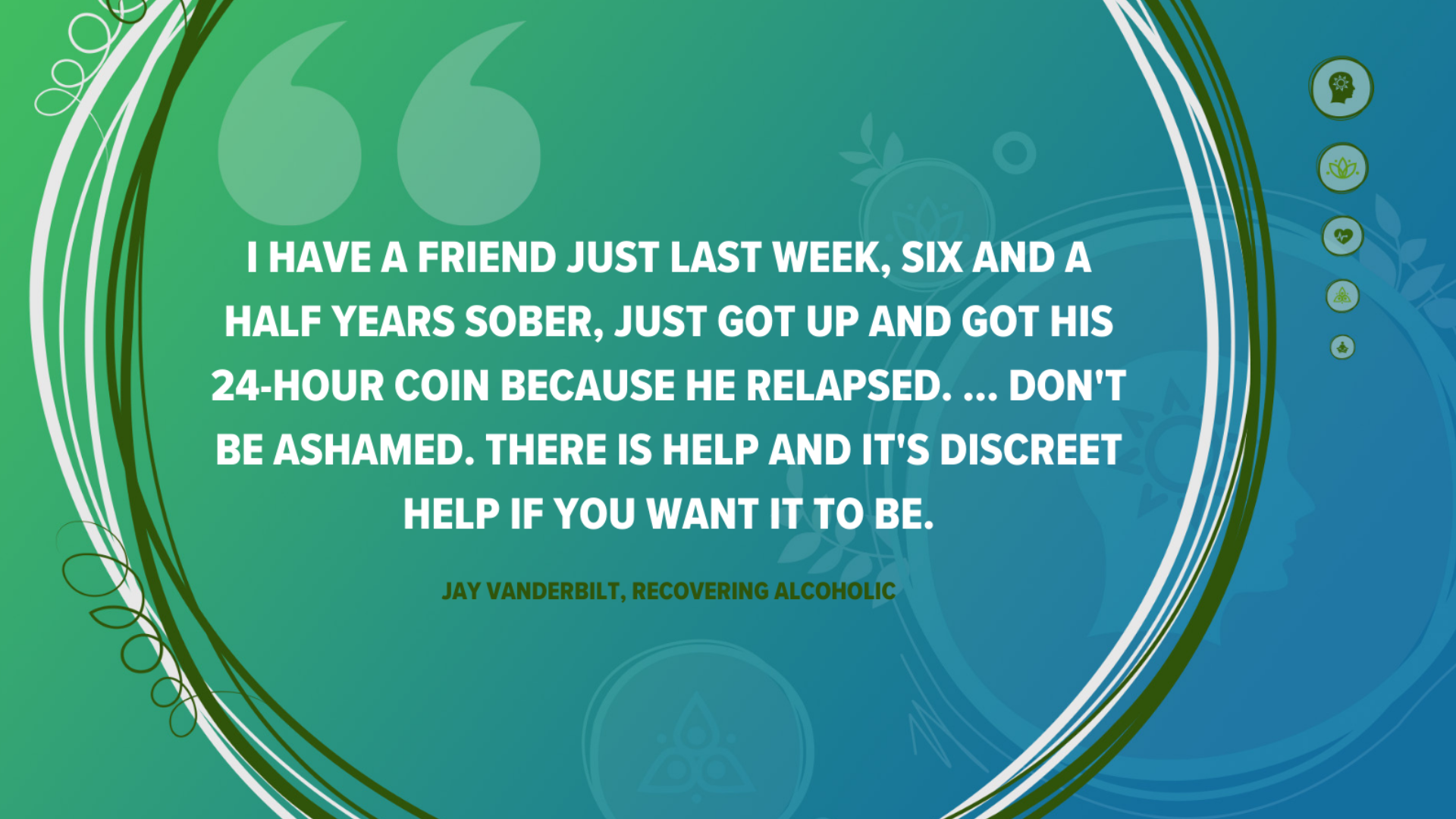TOLEDO, Ohio — "I have a friend just last week, six and a half years sober, just got up and got his 24-hour coin because he relapsed," Jay Vanderbilt said about how the pandemic has impacted alcoholics.
Vanderbilt first realized he had a problem with alcohol in 2010. Since then, he says he's found success in a 12-step program, but acknowledges his addiction is a battle he fights daily.
"If I'm not constantly working towards a solution, I'm working towards a relapse," he said.
This pandemic has provided all the ingredients for one. Vanderbilt is now 58 days sober and understands how this past year has been challenging for others like him.
"Most meetings for us, for alcoholics, are attended in churches and a lot of churches shut down," Vanderbilt said.
It hasn't just been difficult for people like Vanderbilt who realized years ago they have a drinking problem. A survey by the American Psychological Association found that one in four adults reported drinking more this past year to manage their stress.
Parents with children ages 5 to 7 had it doubly worse. One in two reported drinking more to deal with stress.
"We've seen a spike, definitely in admissions," said Josh Dressel with Amatus Health, the parent company of Midwest Recovery.
Dressel said he's not surprised to see an increase in the number of people seeking help with alcohol addiction.
"I think people being locked in their homes more, they really seek things to make them feel better. Alcohol definitely is one of those things people seek," he said.
Dressel said alcohol is not the solution to deal with stress. He advises feeding your body not with alcohol, but a healthy diet and exercise.
There are also a variety of services available through places like Midwest Recovery to help get your mind and body back in a good place.
Dressel said first you have to identify that you may need help.
"If you're waking up every day seeking the bottle, or some type of drink to make the day go on, you might have a problem. Or if you're experiencing withdrawal symptoms and that mental obsession is there and you're physically having signs from it, like shakes," Dressel said.
There are other resources for those who don't necessarily think they are addicted, but would like to cut back. Moderation Management is an online community that helps people who want to cut back on their drinking but not necessarily abstain. "Cutback Coach" helps people track their alcohol intake and set goals.
Vanderbilt said a community of support works best for him, no stigma attached, and said to remember you're not alone.
"Don't be ashamed. There is help and it's discreet help if you want it to be," Vanderbilt said.

